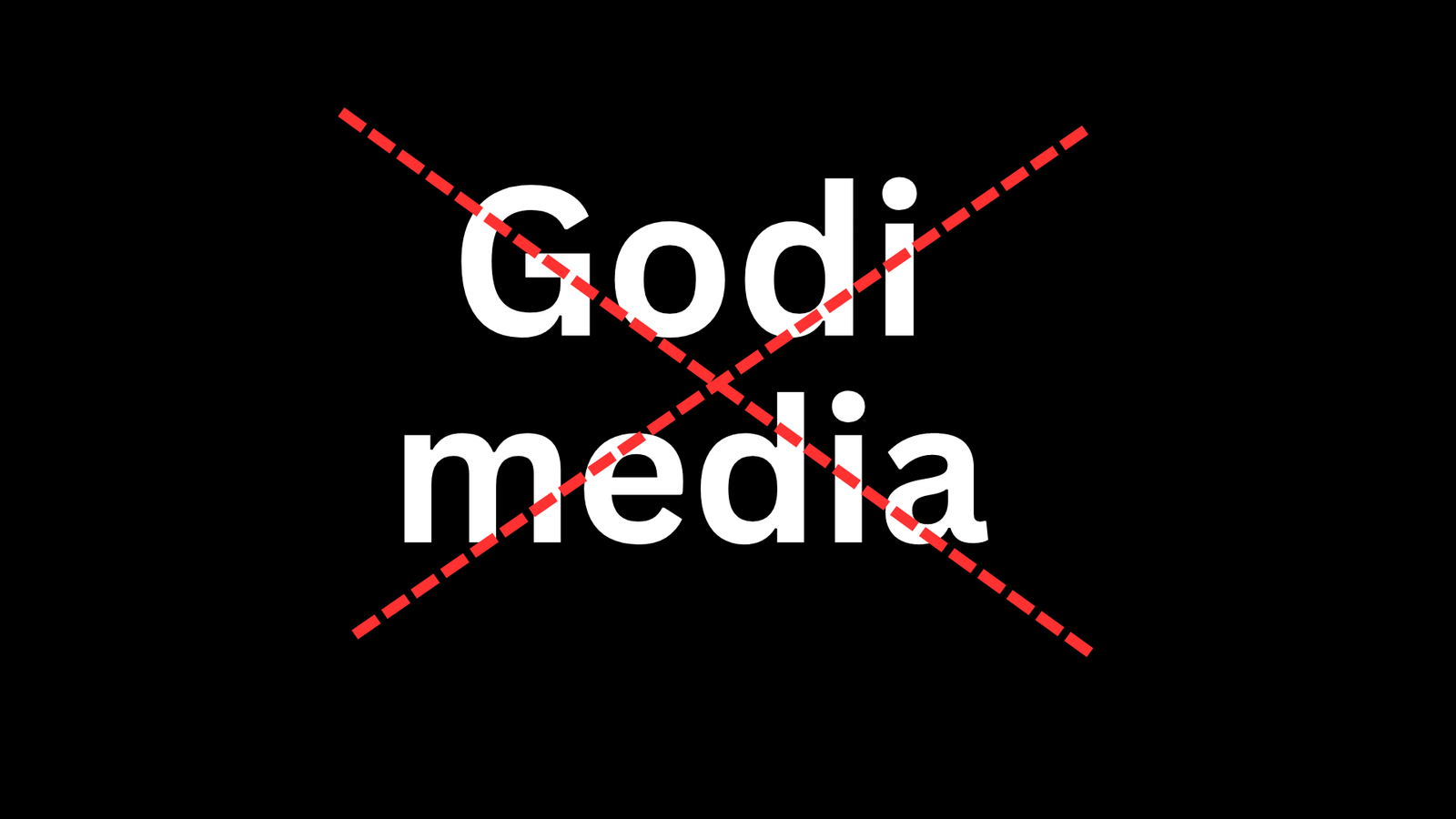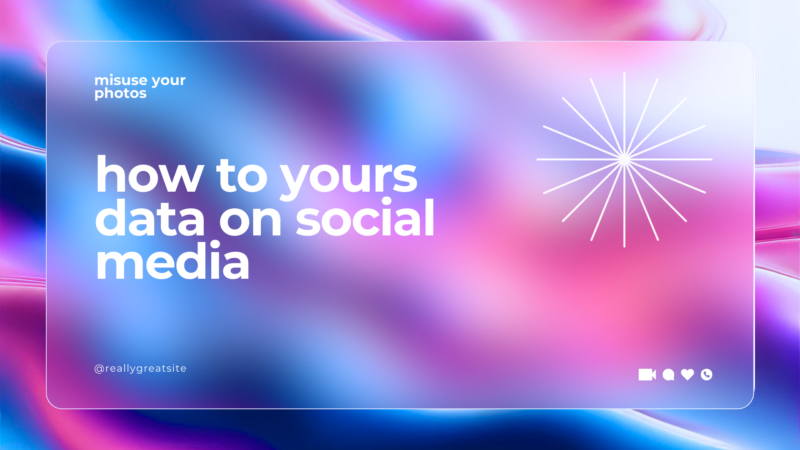Thats called why “Godi Media”

“Godi Media” is a term used in India to describe sections of the media perceived to be biased in favor of the government. The term has gained traction in recent years as part of the political and social discourse surrounding media credibility and independence. Here are some key points to understand about this phenomenon:
- Origin of the Term:
- “Godi” means “lap” in Hindi, suggesting media outlets that are metaphorically sitting in the lap of the government, implying they are supportive or subservient.
- Perception of Bias:
- Critics argue that certain media outlets avoid criticizing the government, underreport negative news, and amplify the government’s narrative. This can lead to a lack of balanced reporting and an erosion of trust in media.
- Impact on Public Discourse:
- The rise of “Godi Media” has polarized public opinion. Supporters of the government may trust these outlets, while detractors seek alternative news sources. This contributes to the fragmentation of the media landscape.
- Role of Social Media:
- Social media platforms amplify both the criticisms of mainstream media and the spread of alternative news sources. This can sometimes lead to the spread of misinformation but also provides a platform for dissenting voices.
- Challenges to Media Independence:
- Financial pressures, government advertising, and ownership structures can influence editorial policies. Independent journalism faces significant challenges in maintaining autonomy and reporting objectively.
- Public Response and Alternatives:
- Viewers and readers are increasingly seeking news from multiple sources to form well-rounded opinions. Independent and alternative media outlets, though often smaller, have gained popularity for offering different perspectives.
- International Perspective:
- Media bias is not unique to India. Globally, media outlets are often accused of bias based on political, corporate, or other influences. The term “Godi Media” specifically addresses a perceived trend within the Indian context.
- Encouraging Media Literacy:
- To combat the effects of biased reporting, fostering media literacy is crucial. This involves educating the public on how to critically evaluate news sources, understand bias, and cross-check information.
In summary, “Godi Media” represents concerns over media bias and its impact on democracy. While it underscores the importance of independent journalism, it also highlights the need for critical consumption of news and the diversification of media sources to maintain a healthy public discourse.



